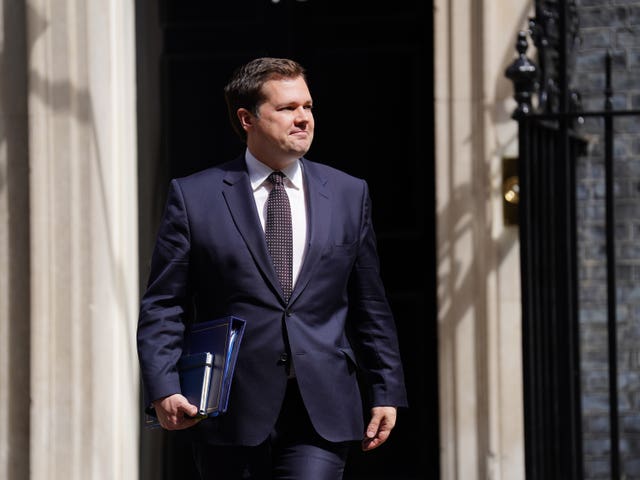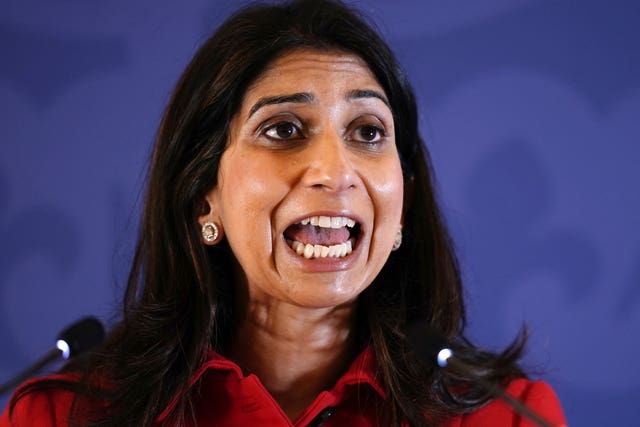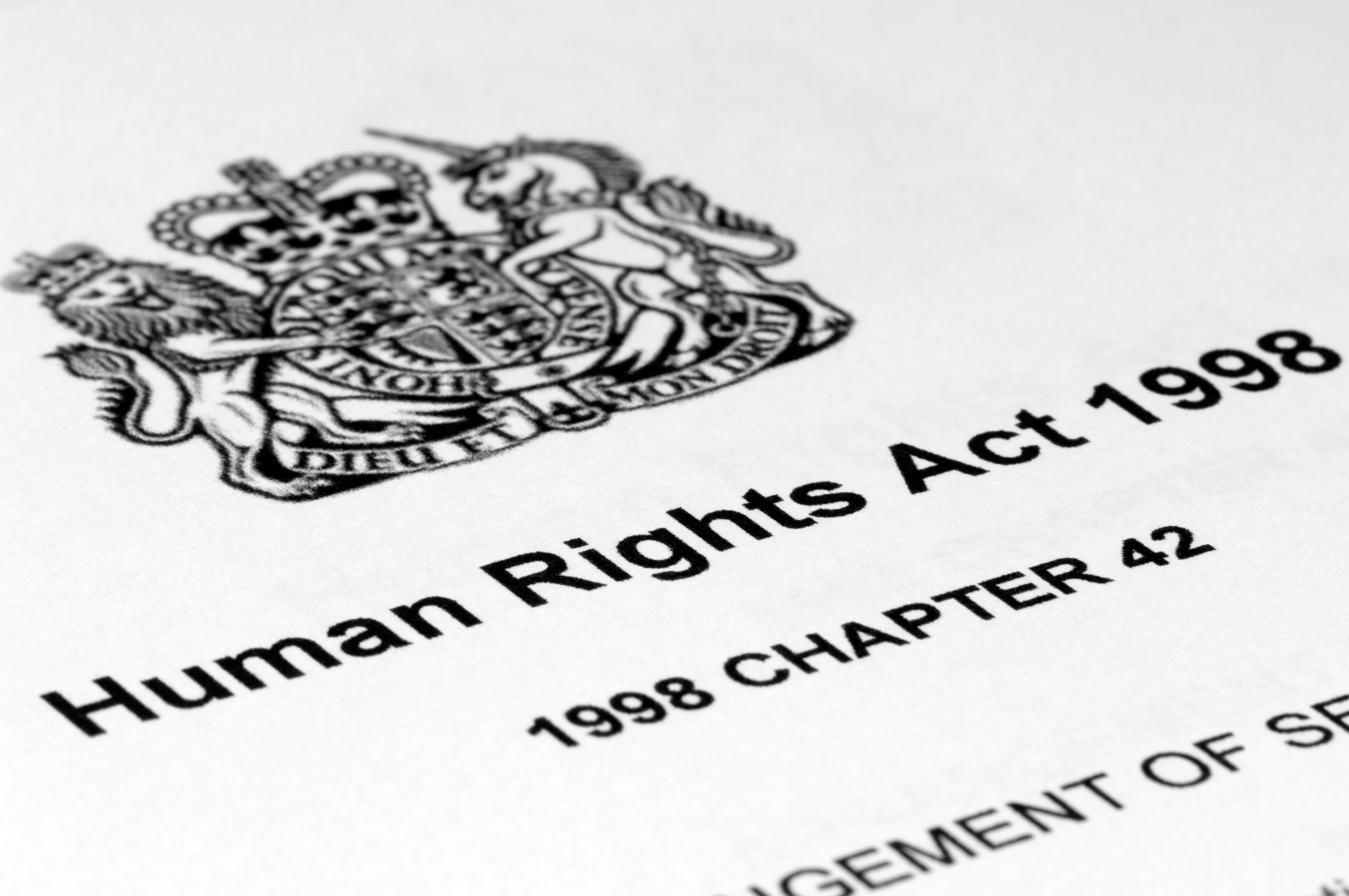Comments by immigration minister Robert Jenrick suggest the Government is still considering an option to leave the European Convention on Human Rights (ECHR) in order to tackle the problem of small boats crossing the English Channel.
Here are details on the convention, the potential implications of the UK leaving it and the political positions on the issue.
– What is the ECHR?
The European Convention on Human Rights (ECHR) is an international treaty which came into force in 1953.

It broadly protects the human rights and political freedoms of all citizens within the 46 states belonging to the Council of Europe.
This means the ECHR is not a European Union convention so the UK’s adherence to its principles were not affected by Brexit.
The convention is ruled on by the European Court of Human Rights in Strasbourg, with judgments binding on the states concerned.
– Why is the ECHR in the news again?
There have been repeated calls from within the Conservative Party for the UK to leave the ECHR, particularly in relation to migration policy.

Comments by immigration minister Robert Jenrick on Wednesday once again raised the prospect of this happening to enable the Government to stem the flow of migrants crossing the English Channel.
Despite the Government insisting it can deliver on Prime Minister Rishi Sunak’s pledge to “stop the boats” within the convention, Mr Jenrick said ministers would do “whatever is necessary” – even if that means pulling out of the ECHR.
On Times Radio, Mr Jenrick said he, Home Secretary Suella Braverman and Mr Sunak were all working “on every possible front” on the issue, suggesting a united view within the Cabinet that leaving the ECHR remains an option.
– What are the views on the ECHR within the broader Conservative Party?
There are some Conservative MPs who are strongly opposed to the UK remaining in the ECHR as a matter of principle.
This is because the convention protects the rights of everyone within Council of Europe states, regardless of which country they are a citizen of.

Therefore the ECHR is seen by some Tories, most notably Home Secretary Suella Braverman, as an unreasonable restriction which limits domestic action on not only migration but other politically sensitive issues such as security and criminality.
Others in the party, such as Foreign Secretary James Cleverly, argue it is in the UK’s interests to remain a signatory to the convention.
The role of the European court in stopping migrant flights to Rwanda last year caused frustration within the party when a last-minute intervention halted departures, despite the policy being cleared by UK courts.
The plans then became caught up in legal process, with the UK’s Court of Appeal ruling against the policy last month.
An appeal against the decision in the Supreme Court is due in the autumn.
The official Government line remains that it will abide by its international treaty obligations, with changes necessary to reduce dangerous crossings still deliverable while remaining party to the ECHR.
But Mr Jenrick’s comments are set to reignite a debate among Conservatives over the Government’s approach, with the forthcoming Supreme Court decision potentially key to how this transpires.
If the ruling does not go the Government’s way, there are set to be growing calls for exploring new options.
Even if the Supreme Court rules in favour of the plans, potential delays caused by further legal challenges could undermine action aimed at stopping small boats and heighten concerns within the Cabinet over a key pledge to the electorate.
– What are the implications for the UK of leaving the ECHR?
For the UK to leave the ECHR, the Human Rights Act 1998 would have to be repealed.

Various other legislation which refers to the Act, including statutes relating to Scotland, Northern Ireland and Wales, would also have to be amended.
There is also the complex matter of a potential violation of internal law relating to the UK’s agreement to be part of the ECHR in signing a number of treaties.
For example, the Good Friday Agreement requires the ECHR to be part of law in Northern Ireland and this has not changed due to the Windsor Framework.
Therefore, the UK departure from the convention would be a breach of the Good Friday Agreement, which would still be the case if a new domestic Bill of rights replaced it.
Furthermore, the UK-EU Trade and Co-operation Agreement, which governs the post-Brexit relationship, contains an obligation for both the UK and the EU to continue their commitment to human rights.
However, the removal of the ECHR would not automatically lead to a suspension or termination of the agreement.
As well as the practicalities, there are warnings that leaving the convention could cause significant reputational damage to the UK.
The move would leave the UK as a significant regional outlier without membership of Europe’s major human rights organisation.
The only other two states to leave the Council of Europe are Russia and Belarus, which were expelled following the invasion of Ukraine.
Commentators have noted that this position could significantly shift international perceptions of the UK, with potentially far-reaching consequences for foreign policy and influence on the global stage.
You may also like: Conservatives will campaign to leave ECHR at next election if Rwanda flights are blocked

